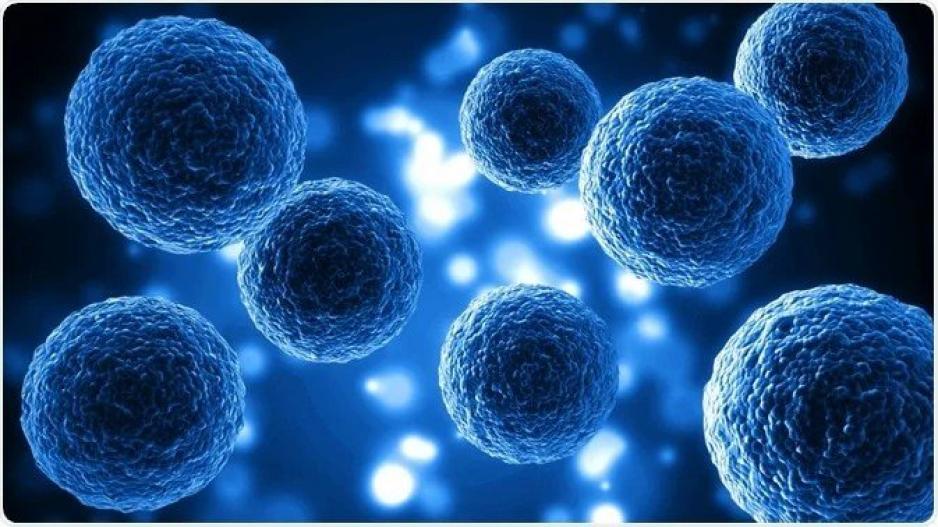Developed in the laboratory of professor Paris Skourides at the Department of Biological Sciences, University of Cyprus, the technology aims to replicate the microenvironment of malignant tumours.
According to a statement from the University of Cyprus, the technology was presented to potential investors, mentors, and other members of the scientific community, reaching the semi-finals of the event.
Hadjigeorgiou’s participation was made possible through collaborations with the University of Cyprus’ Innovation Management Division within the YUFE Alliance (Young Universities for the Future of Europe), highlighting the university’s commitment to fostering innovation and entrepreneurship.
Furthermore, Hadjigeorgiou’s proposal, along with other startups and research outcomes from YUFE universities such as Carlos III University of Madrid, University of Bremen, and the University of Eastern Finland, was selected from over 60 applications after evaluation by a YUFE committee and the organisers of the Tahko Ski Lift Pitch event.
“Representing the University of Cyprus and the YUFE Alliance, Hadjigeorgiou showcased the technology at the entrepreneurship event following preparation through a series of seminars,” the announcement noted.
The Tahko Ski Lift Pitch, organised for the eighth consecutive year, provides a unique platform for emerging businesses from various sectors to present their innovative ideas beyond the confines of traditional conference settings. This is done through pitching sessions on a ski lift, set against the backdrop of snow-capped peaks.
What is more, it should be noted that Hadjigeorgiou, along with professor Paris Skourides and postdoctoral researcher Neophytos Christodoulou, is one of the three inventors of the InvasiCell technology, which is currently undergoing international patent registration.
“The device can replicate the microenvironment of malignant tumours and has a plethora of applications in cancer research, diagnosis, and treatment,” the university’s announcement said.
It allows monitoring of the proliferation and metastasis of cancer cells, as well as the effects of drugs on these processes,” it added.
In addition, the announcement said that the technology has the potential to “aid in identifying changes that promote cancer growth and metastasis, critical for identifying new therapeutic targets and improving both cancer prognosis and diagnosis”.
For the development of the technology, the research team at the Department of Biological Sciences received funding from sources including the University of Cyprus and Cyprus Seeds.
Active support for patent registration and commercial exploitation is provided by the University of Cyprus’ Innovation Support Division, which manages and supports the utilisation of promising intellectual property rights of the University of Cyprus and the University’s Innovation Committee, since mid-2022.

